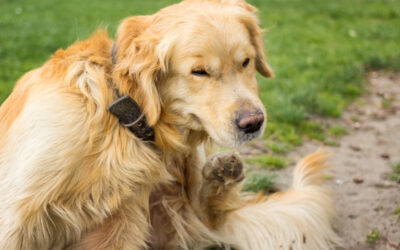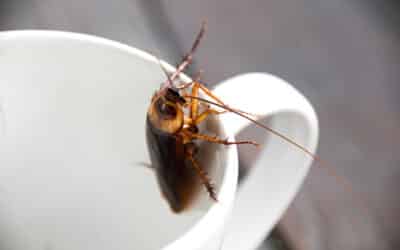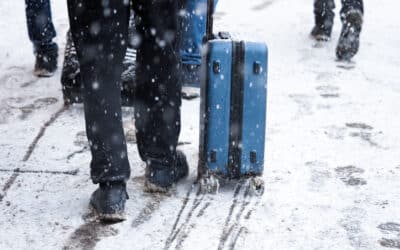
Pest Identification: Paper Wasps
Preventing infestations involves checking plants for nests before trimming, sealing cracks, repairing screens, and keeping doors closed. Covering food outdoors, avoiding strong fragrances, wearing protective shoes, and being cautious during outdoor activities help reduce the risk of stings. Paper wasp stings can be painful and may cause allergic reactions; immediate cleaning, elevation, and using OTC medications can help alleviate symptoms.
Paper wasps eat nectar and insects, building umbrella-shaped nests in spring. Nests are constructed from tree bark pulp and hang from various structures. While not aggressive, paper wasps may sting when disturbed. Impregnated paper wasps rarely sting. Most colonies die after the first freeze, with hibernating queens living just over a year. Abandoned nests deter new colonies.
Key Facts:
- Paper wasps are not typically aggressive unless disturbed.
- They are attracted to sugary foods, perfumes, and flowery scents.
- Professional removal is advised if nests are in high-traffic areas.
- Abandoned nests serve as a natural deterrent.
- Wasps are beneficial pollinators and control garden pests.
- Queens start building nests in spring, continuing until late fall.
- Unlike honeybees, wasps can sting repeatedly without dying.
- They make nests from tree bark pulp, regurgitating it to create papery structures.

Buzzwords
Safer Pest Protection: Yard Sprays vs. Flea Collars for Your Dog
Your dog deserves to play safely outdoors, without the threat of pests or harsh chemicals. But between flea collars, topical treatments, and yard sprays, pest control can feel overwhelming, especially if you’re trying to do the right thing for your dog and your...
Why Cockroaches Are So Hard to Eliminate: And What Actually Works
300 million years. That’s how long cockroaches have been crawling the planet. They’ve survived shifting climates, mass extinctions, and even the dinosaurs. So it’s no surprise they can be tough to get out of a home. But what makes these pests so resilient? And what...
Planning a Winter Getaway? How to Avoid Bringing Bed Bugs Home
Holiday and winter travel is supposed to bring back memories, not pests. But between packed suitcases, busy schedules, and hopping from hotels to rentals to spare rooms, it’s surprisingly easy to bring home an unwanted souvenir: bed bugs. Before you cringe, take a...



